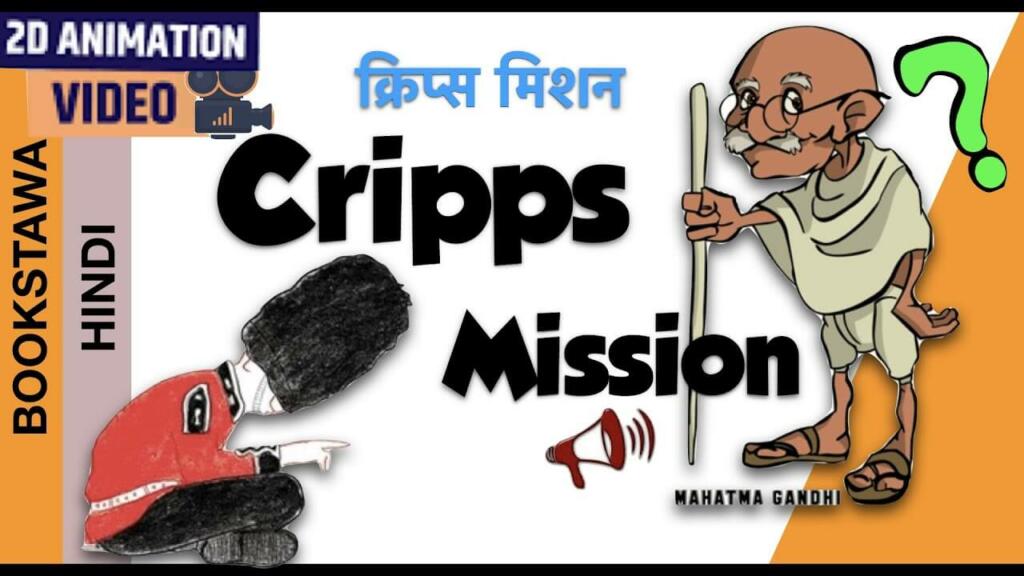Understanding the Cripps Mission for UPSC Aspirants
During World War II, the British took a major initiative with the Cripps Mission. At a critical juncture in India’s independence movement, it offered limited self-governance in an attempt to win Indian cooperation. Let’s discuss about Cripps Mission, and it’s impact for UPSC Aspirants to make some notes for the upcoming exams.
Cripps Mission for UPSC Aspirants
An important development in India’s fight for freedom from British rule was the Cripps Mission. The British government dispatched statesman Sir Stafford Cripps to India in 1942 to hold negotiations with Indian leaders during World War II. In return for some political concessions, his mission was to win Indian support for the British war effort.
Following the war, the Cripps Mission recommended giving India full dominion status and forming a constituent assembly to draft a new constitution. Any province could choose to leave the proposed union under this proposed constitution. But because it ignored important Indian demands for immediate independence, the Muslim League and the Indian National Congress rejected it.
Under the leadership of Mahatma Gandhi, the Congress called for immediate transfer of power, total independence, and the protection of minorities’ rights. They believed that the British were not providing true freedom, so they rejected the Cripps proposals. The clauses did not ensure that Muslim interests would be protected, which infuriated Muhammad Ali Jinnah’s Muslim League.
Furthermore, the Cripps Mission’s intention to maintain India’s membership in the British Commonwealth even after its independence created doubts about the British Empire’s enduring power. The leaders of India were afraid that under the pretext of commonwealth ties, this arrangement would prolong British control and curtail their sovereignty.
Also Read: Let’s Understand the Coming Together Federation
The trajectory of the Indian independence movement was significantly impacted by the Cripps Mission’s failure. It strengthened Indian leaders’ resolve to seek total independence and heightened their calls for an expeditious handover of power. The mission brought to light the widening divide between Indian demands for autonomy and the British government’s reluctance to offer complete independence.
Overall, the Indian people’s basic desire for immediate and total independence was not met by the Cripps Mission, despite its good intentions to win their support during the war. As a result, the independence movement became even more intense.
